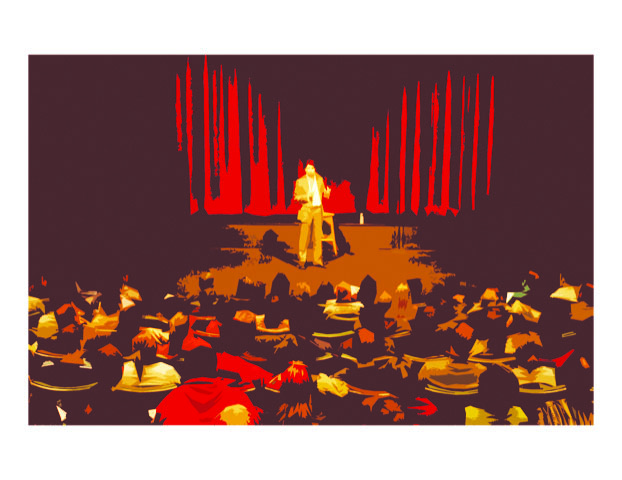Jokes Should Not be Politically Correct
Pop culture keeps comedians from pushing boundaries
February 7, 2020
Comedy is subjective. Just like movies, not everyone is going to like a particular joke. But comedians should not limit their controversial jokes because someone, somewhere, is slightly offended by it.
After the Golden Globes, the host, Ricky Gervais, was condemned for his controversial, not politically correct jokes. His jokes spanned from ISIS creating the new Netflix, Jeffrey Epstein, and a few vulgar jokes about the movie, “Cats.”
The Merriam Webster dictionary defines political correctness as “conforming to a belief that language and practices which could offend political sensibilities (as in matters of sex or race) should be eliminated.” In the past few years, more people condemn comedians for sharing jokes that arenít deemed as politically correct. The sole goal of a comedian is to make people laugh, not to be worrying about whether what they say offends someone.
Politicians and newscasters should certainly be politically correct, but comedians should be pushing the boundaries and calling a few people out. It is only starting a conversation with laughter. Rather than starting a conversation about why the particular joke is offensive, people are jumping to the extremes: boycotting comedy shows and sitcoms or blacklisting a comedian.
Just like Ricky Gervias tweeted after criticism, “1. Simply pointing out whether someone is left or right-wing isn’t winning the argument. 2. If a joke is good enough, it can be enjoyed by anyone. 3. It’s not all about you. 4. Just because youíre offended, doesnít mean youíre right.”
In the end, comedians should continue pushing the boundaries. Comedy is a way to talk about issues that weíre too uncomfortable or afraid to approach. If we canít joke about matters of sexuality, politics, pain, and even death, we lose a way of analyzing society.
